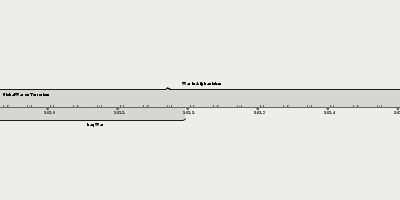9 agos 1974 anni - Richard Nixon resigns
Descrizione:
Even though his base of support had been diminished by the continuing series of revelations, Richard Nixon hoped to avoid impeachment. However, one of the newly released tapes, the "smoking gun" tape, recorded just a few days after the break-in, demonstrated that Nixon had been told of the White House connection to the Watergate burglaries soon after they took place, and had approved plans to thwart the investigation. In a statement accompanying the release of the tapes on August 5th, 1974, Nixon accepted blame for misleading the country about when he had been told of the truth behind the Watergate break-in, stating that he had a lapse of memory.On August 7th, Nixon met in the Oval Office with Republican congressional leaders "to discuss the impeachment picture," and was told that his support in Congress had all but disappeared. They painted a gloomy picture for the president: he would face certain impeachment when the articles came up for vote in the full House, and in the Senate, there were not only enough votes to convict him, no more than 15 or so senators were willing to vote for acquittal. That night, knowing his presidency was effectively over, Nixon finalized his decision to resign.
At 11:00 a.m. on August 8th, his last full day in office, Nixon informed Vice President Ford of his impending resignation. That evening, Nixon announced his intention to resign to the nation. The speech was delivered from the Oval Office and was carried live on radio and television. Nixon stated that he was resigning for the good of the country as he had lost the political support in Congress necessary to govern effectively, and asked the nation to support the new president, Gerald Ford. Nixon went on to review the accomplishments of his presidency, especially in foreign policy, and concluded by invoking Theodore Roosevelt's "Man in the Arena" speech. Nixon's speech contained no admission of wrongdoing; biographer Conrad Black opined that "What was intended to be an unprecedented humiliation for any American president, Nixon converted into a virtual parliamentary acknowledgement of almost blameless insufficiency of legislative support to continue." The initial response from network commentators was generally favorable, with only Roger Mudd of CBS stating that Nixon had evaded the issue, and had not admitted his role in the cover-up.
The following morning, August 9th, 1974, Nixon officially resigned from office, submitting a brief letter to Kissinger that read: "I hereby resign the office of President of the United States." Afterward, Kissinger signed his initials, acknowledging that he had received it, and the time, 11:35 a.m., denoting when Nixon's presidency ended. Gerald Ford, in his first public statement as president, declared, "My fellow Americans, our long national nightmare is over." Nixon was the first U.S. president to leave office intra-term for a reason other than death. To date, he remains the only president to have resigned. One month after Nixon left office, President Ford granted Nixon an unconditional pardon for all federal crimes he "committed or may have committed or taken part in" while president, knowing fully well this move would be unpopular, even among Republicans, and hurt his electoral prospects, which it ultimately did.
Aggiunto al nastro di tempo:
Data:
9 agos 1974 anni
Adesso
~ 51 years ago
